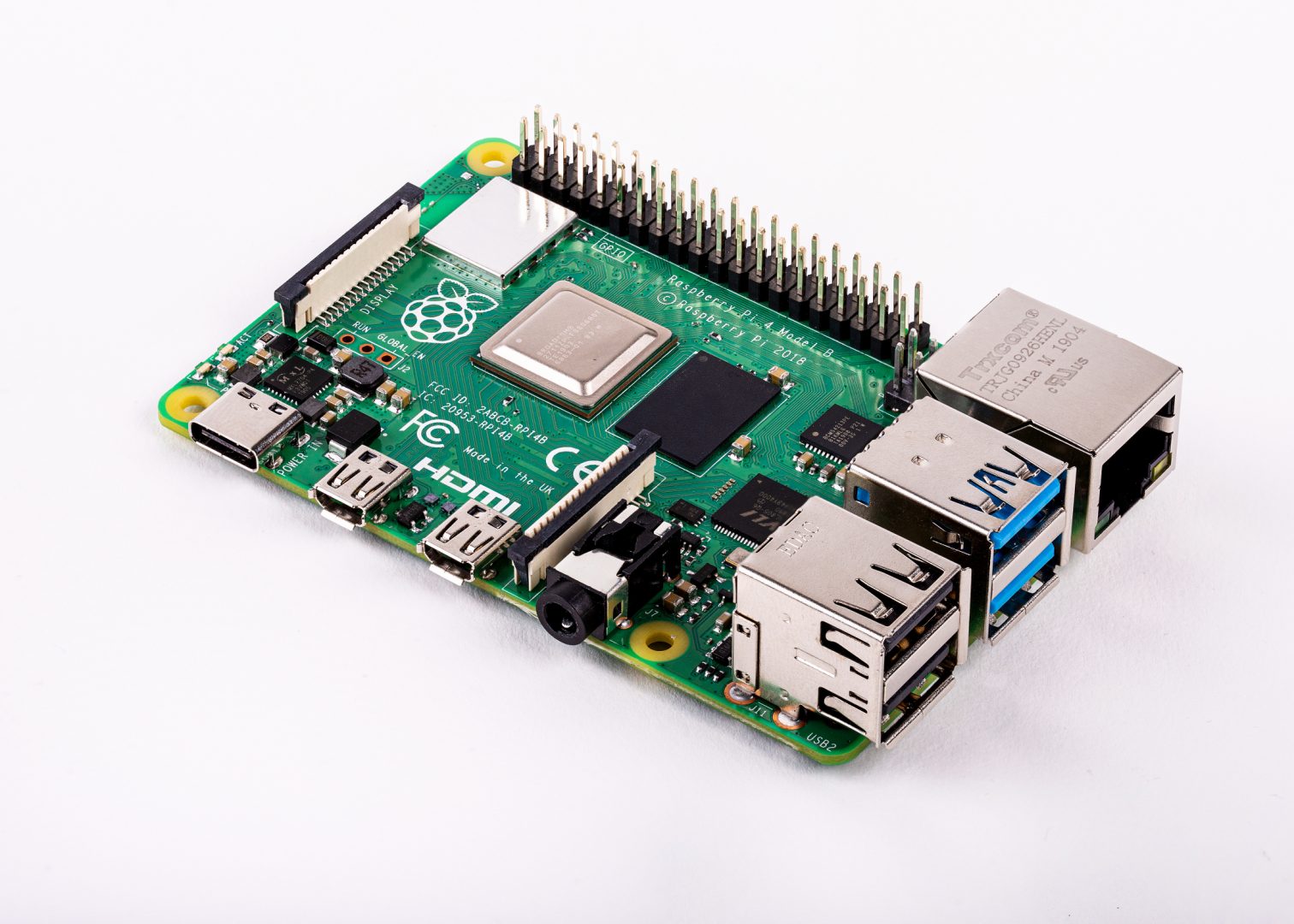United Kingdom (Cambridge)
Now more than ever, small teams with limited means have the ability to innovate in ways that only large companies and governments could do previously. For the four billion people around the world who live outside of the formal economy, unmet needs in areas like education, health, food and energy are being tackled using low cost computers.
The size of a credit card – and with a price tag of just US$35 – the Raspberry Pi has become a huge global hit, selling five million units in its first three years. Developed in the United Kingdom, the tiny and affordable computers are being used to promote the teaching of programming and basic computer science in schools and developing countries. Part of the growing movement to create faster, better and cheaper solutions using minimal resources, Raspberry Pi projects range from the positively homespun to the likes of aerial drones and supercomputers.
The efforts of high school student Sonia Uppal are a shining example of using Raspberry Pis in this way. Teaching herself how to code in Python, she raised money for ten Pi teaching sets through GoFundMe and went on to teach kids living in Kasuali in rural India how to use them. She set up the nonprofit Pi á la Code in 2013: “I realised that students at an elite school in an urban city in India would have access to technology if they went out and found it,” Uppal blogged. “But students in rural India would never have this access. Here was a cool looking tiny computer just for teaching kids how to code!”
Founder of the The Raspberry Pi Foundation, Eben Upton describes what motivates the nonprofit: “Of all the things we do at Raspberry Pi, driving down the cost of computer hardware remains one of the most important. Even in the developed world, a programmable computer is a luxury item for a lot of people and every extra dollar that we ask someone to spend decreases the chance that they’ll choose to get involved.”
Dubbed ‘Ed’ and ‘Izzy’, a pair of space age Astro Pis onboard the International Space Station went live in 2016 after being switched on by British astronaut Tim Peake.
Project leader
Eben Upton, Rob Mullins, Jack Lang and Alan Mycroft, Co-founders
Support the Atlas
We want the Atlas of the Future media platform and our event to be available to everybody, everywhere for free – always. Fancy helping us spread stories of hope and optimism to create a better tomorrow? For those able, we'd be grateful for any donation.
- Please support the Atlas here
- Thank you!


